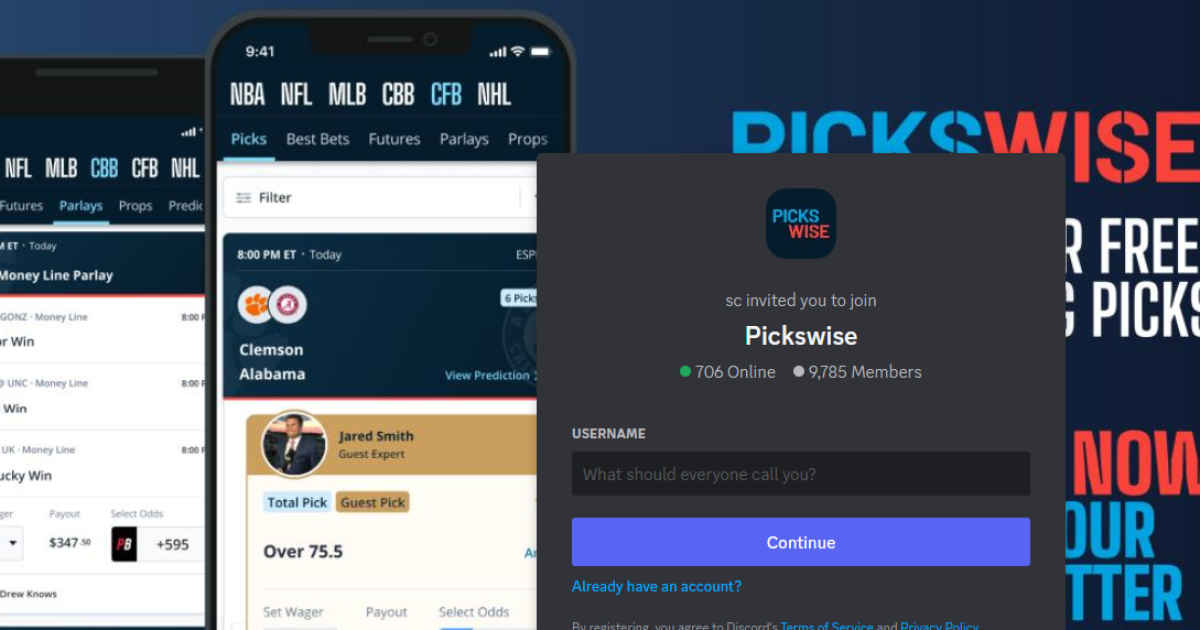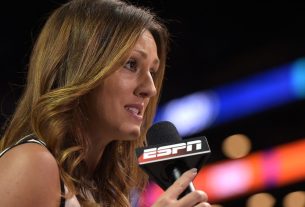New York Congressman Paul Tonko has introduced the Betting on our Future Act, which would ban online and electronic advertising of sports gambling. The industry is hitting back.
Tonko, a Democrat from the 20th district, says a huge social media audience is being targeted, with millions of young people facing the possibility of developing a lifelong gambling addiction.
“Since the 2018 court decision by the highest court in the land, the United States Supreme Court, to remove the ban from states being able to control provide for gambling on sports, the mobile sports betting, we have seen like a wild west environment where there’s this aggressive advertising, saturating the audience like children, young adults, college students, those who are on lists that people have who are people in recovery, these are vulnerable audiences that are paying a price and we have heard from the helpline, the problem gambling help helpline, which is national, about a significant growth in in calls to their helpline. We have been informed of the impact of on so many individuals and families with divorce with bankruptcies with suicides,” said Tonko.
Tonko says the Betting on our Future Act would ban online sports gambling ads, which he says target impressionable young people.
“We have introduced legislation that is akin to the tobacco advertising issue of years past,” Tonko said. “And there’s a similar like Joe Camel situation going here, but they’ve added to it with sports celebrities and very popular celebrities as spokespersons and free gambling opportunities with these no risk, stress free gambling initiatives. It’s a lure into the system. And then you have people paying a deep price.”
Tonko says individuals prone to addiction may not be able to resist temptations raised via mobile sports betting.
“This is not like, you know, having to go miles to place a bet,” said Tonko. “You have your opportunity to bet in your hand every minute. And it’s not just about the results of the game. It’s the speed of a pitch, whether it’s a ball, a strike, whether it’s going to end in a an extra innings, all sorts of further gambling on one particular game.”
Citing data published by the gambling industry’s leading trade group, the American Gaming Association, Tonko notes that during the first 10 months of 2022, Americans wagered $73 billion legally on sports, a 70% increase from the previous year.
The Association says it adamantly opposes Tonko’s bill, claiming it would violate free speech protections and serve to “reduce awareness for legal options to the benefit of illegal, offshore operators and the detriment of consumers and communities.” The trade group says legal betting markets already require a focus on safe and responsible wagering.
AGA’s Vice President of Research of David Forman says casual, informal betting like office pools, squares contests and bracket challenges is giving way to online sports betting through apps. He spoke with WAMC just before the Super Bowl.
“We’re seeing more people, a greater percentage of bettors, are going to place one of those traditional bets with a sports book, rather than as part of a bet with a friend or squares contest, and I think one of the reasons for that is the expansion of the market, right? A majority of Americans now have access to place those kinds of bets legally and safely,” said Forman.
Legal mobile sports wagering will debut in Massachusetts March 10th.
The full text of the Betting on our Future Act can be found in PDF format HERE.



